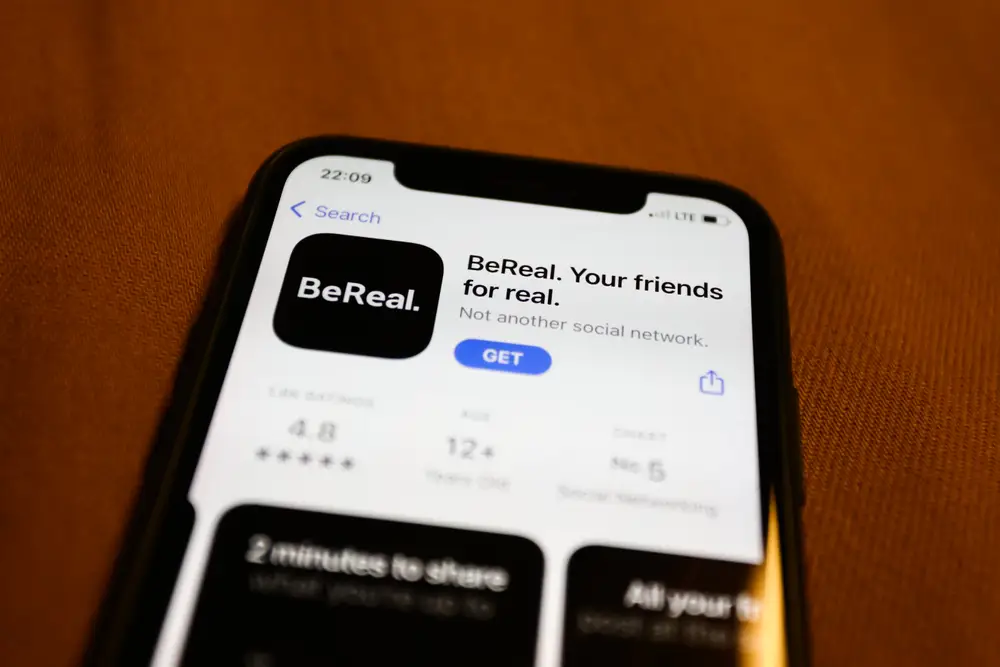PRIVACY
Privacy Issues with Social Media: Navigating the Digital Landscape
Social media has revolutionized the way we connect, share, and communicate. Platforms like Facebook, Instagram, Twitter, and TikTok have become integral parts of our daily lives. However, with this unprecedented level of connectivity comes a host of privacy issues that users need to navigate. The very nature of social media, designed to share information widely and quickly, inherently poses risks to personal privacy. This blog delves into some of the most pressing privacy issues associated with social media and offers insights into how users can protect themselves.
One of the most significant privacy concerns with social media is the extensive data collection conducted by these platforms. Social media companies collect vast amounts of personal information, including user demographics, interests, behaviors, and interactions. This data is often used to tailor advertisements, improve user experience, and drive engagement. However, the extent of this data collection and how it is used can be unsettling.
In many cases, users are unaware of the depth of information being collected about them. This data can include location tracking, browsing history, and even offline activities if users have connected other apps and services to their social media accounts. The concern is not just about what social media companies do with this data but also about who else might gain access to it.
Social media platforms often share user data with third parties, such as advertisers and developers. While this practice is typically outlined in terms of service agreements, many users are not fully aware of what they are consenting to. Third-party access can lead to misuse of personal information, as seen in the infamous Cambridge Analytica scandal, where data from millions of Facebook users was harvested without their explicit consent and used for political advertising.
Data breaches are another significant concern. Social media platforms are frequent targets for hackers due to the wealth of personal information they hold. High-profile breaches, such as the 2018 Facebook breach that exposed the data of 50 million users, highlight the vulnerability of these platforms. When data breaches occur, the stolen information can be used for identity theft, financial fraud, and other malicious activities.
Many privacy issues on social media stem from inadequate privacy settings and a lack of user control. While most platforms offer privacy settings that allow users to control who can see their posts, contact them, and access their information, these settings are often complex and challenging to navigate. Users may not be fully aware of how to adjust these settings to protect their privacy effectively.
Moreover, default settings on many social media platforms tend to favor public sharing. Users must proactively change these settings to enhance their privacy, which many fail to do. This lack of user control can lead to unintended exposure of personal information.
Location tracking is a common feature on social media platforms, allowing users to share their real-time location with friends and followers. While this can be convenient, it also poses significant privacy risks. Sharing location data can make users vulnerable to stalking, theft, and other dangers. Even when location sharing is turned off, some platforms still collect location data through metadata in photos and other means.
Another privacy issue is the permanence of data shared on social media. Once information is posted online, it can be challenging to remove it entirely. Even if a user deletes a post, copies, screenshots, and cached versions may still exist, leaving a permanent digital footprint. This can have long-term implications for users' privacy and reputation.
Social media can also blur the lines between personal and professional life. Many users have experienced unintended consequences when personal information or photos shared on social media are seen by employers, colleagues, or clients. This can lead to misunderstandings, professional repercussions, and even job loss.
Finally, children and teenagers are particularly vulnerable to privacy issues on social media. They may not fully understand the implications of sharing personal information online, making them easy targets for cyberbullying, exploitation, and other risks. Parents and guardians must educate young users about safe social media practices and monitor their online activities to ensure their safety.
To protect themselves from these privacy issues, users should take several steps. First, regularly review and update privacy settings on all social media platforms. Understand what information is being shared and with whom. Second, be mindful of the information you share online. Avoid posting sensitive data such as addresses, phone numbers, and financial information. Third, use strong, unique passwords for each social media account and enable two-factor authentication where possible. Fourth, be cautious about connecting third-party apps to social media accounts and review the permissions granted to these apps. Finally, educate yourself and others about the risks associated with social media and stay informed about the latest privacy updates and best practices.
In conclusion, while social media offers numerous benefits and opportunities for connection, it also comes with significant privacy risks. By being aware of these issues and taking proactive steps to protect personal information, users can enjoy the advantages of social media while minimizing potential dangers.




